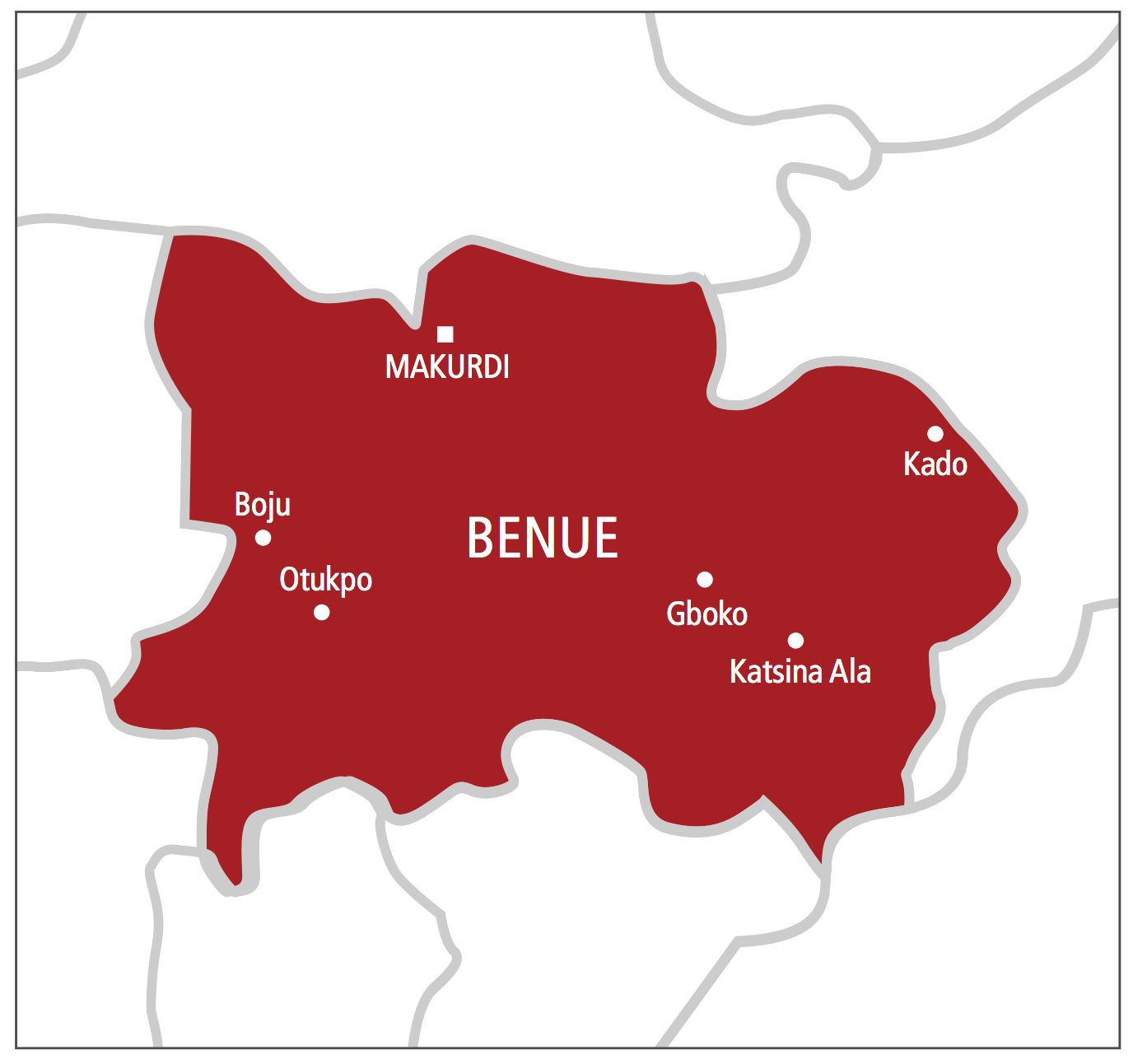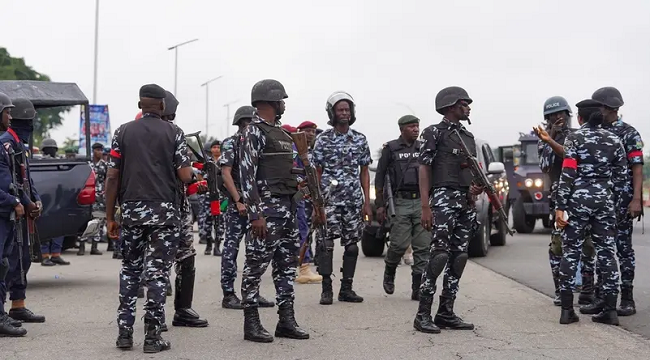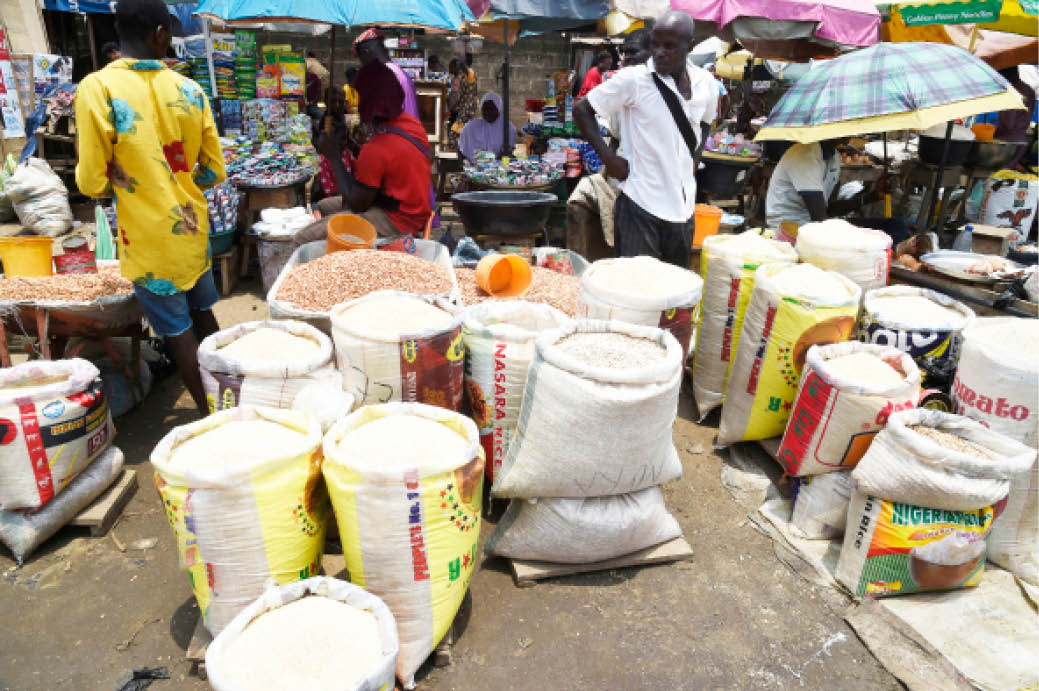Cult Violence Claims 20 Lives in Benue in 6 Months

Benue State is grappling with a surge in cult-related violence, resulting in numerous fatalities in recent times. A recent incident in Akpehe, a suburb of Makurdi, claimed the lives of at least seven individuals during a suspected cult clash on a Sunday night. The violence, which erupted around 8 pm near a drinking joint close to the Division ‘E’ Police Station, triggered widespread panic as residents fled and vehicles sped off.
Eyewitness accounts described a terrifying scene with sudden gunshots erupting near a bar close to OxNet Water Factory. The aftermath revealed seven bodies on the ground, with four others severely wounded and subsequently hospitalized. Some residents speculated that the attack was a revenge killing tied to the murder of a youth mobiliser, allegedly fueled by rivalry over political youth leadership positions among cult groups. One witness recounted a chaotic scene, describing it as a cult war unfolding before their eyes.
Police spokesperson CSP Catherine Anene confirmed the attack, reporting a death toll of four and stating that investigations were underway. She warned that the new Commissioner of Police, CP Emenari Ifeanyi, would not tolerate criminal activities under his leadership. Anene stated, "The suspected cult attack at Akpehe is confirmed and investigation has commenced. Four persons were confirmed dead while others are currently receiving treatment at the hospital. The new Commissioner of Police in the state, CP. Emenari Ifeanyi, has warned hoodlums greeting him with crime to desist from such acts as he will not tolerate crime under his watch."
Gbenda Terver, Senior Special Assistant to Governor Hyacinth Alia, condemned the killings, attributing them to disputes over illegal revenue collection among multiple task forces, rather than politics. He outlined plans to rehabilitate idle youths through agriculture and emphasized the administration's determination to cut off funding sources enabling cult activities. Terver explained that the crisis stemmed from a clash between the Local Government Task Force on Illegal Motor Parks and the Task Force on BENSASSA (Sanitation Agency) over revenue collection rights. He highlighted ongoing investigations to ascertain the root cause of the conflict and planned operations to secure the Wurukum-Akpehe area.
Terver stressed the importance of engaging young men positively and blocking their sources of revenue, which they used to procure weapons. He launched a program to encourage youths to return to farming and collaborated with the Police Anti-Cultism Unit to tackle the menace decisively. "We are systematically blocking their sources of revenue, which they used to buy bullets and guns. We will continue to disengage more of them... I am working on a long-term solution to remove these youths from the streets and re-engage them through agriculture," Terver stated.
In the past six months, cult-related violence in Makurdi has claimed a total of 20 lives. Despite efforts by the state government to curb cultism through both non-kinetic and kinetic approaches, recent incidents, including the killing of Raphael Ikyav in April 2025 and clashes in Wadata and North Bank, indicate a worrying trend. Community leader Ukan Kurugh attributed the clashes to leadership struggles within cult groups and advocated for dialogue and deradicalisation efforts. He recalled past successes in curbing cultism through direct engagement with cult leaders.
Kurugh emphasized the importance of involving cult leaders in addressing the root of the problem, stating that many leaders oppose violent clashes and are working to redefine their associations' purpose. He suggested inviting these organizations to a closed-door meeting to address the issue and encourage leaders to surrender members acting against their associations' rules.
Experts like psychosocial therapist Ukeh George described the rise in cultism as a failure of the Nigerian state to ensure smooth transitions from childhood to adulthood. George cited poor family structures, unemployment, political sponsorship of cults, and a breakdown in moral education as key drivers. He recommended integrating anti-cultism education into school curriculums and strengthening youth empowerment initiatives. Similarly, retired DSS officer Orgem Angulum called for parental reorientation, vocational training centers, and the active involvement of traditional rulers to address the root causes of youth delinquency.
Angulum expressed concern over the erosion of societal values and emphasized the need for public orientation, vocational centers, and partnerships with traditional rulers to counsel and discipline erring youths. He stated, "The issue of cultism is widespread across the country; Benue is not isolated when it comes to the decline in moral values... There is little the security agencies can do... However, as a security expert, I would advise government agencies to embark on a high level of public orientation."









